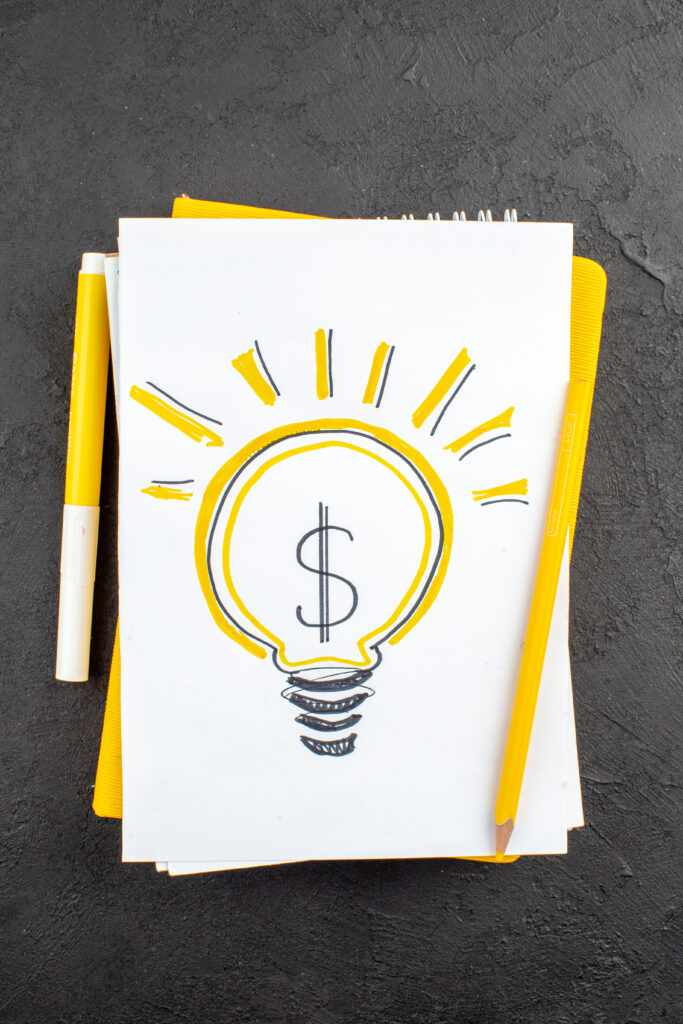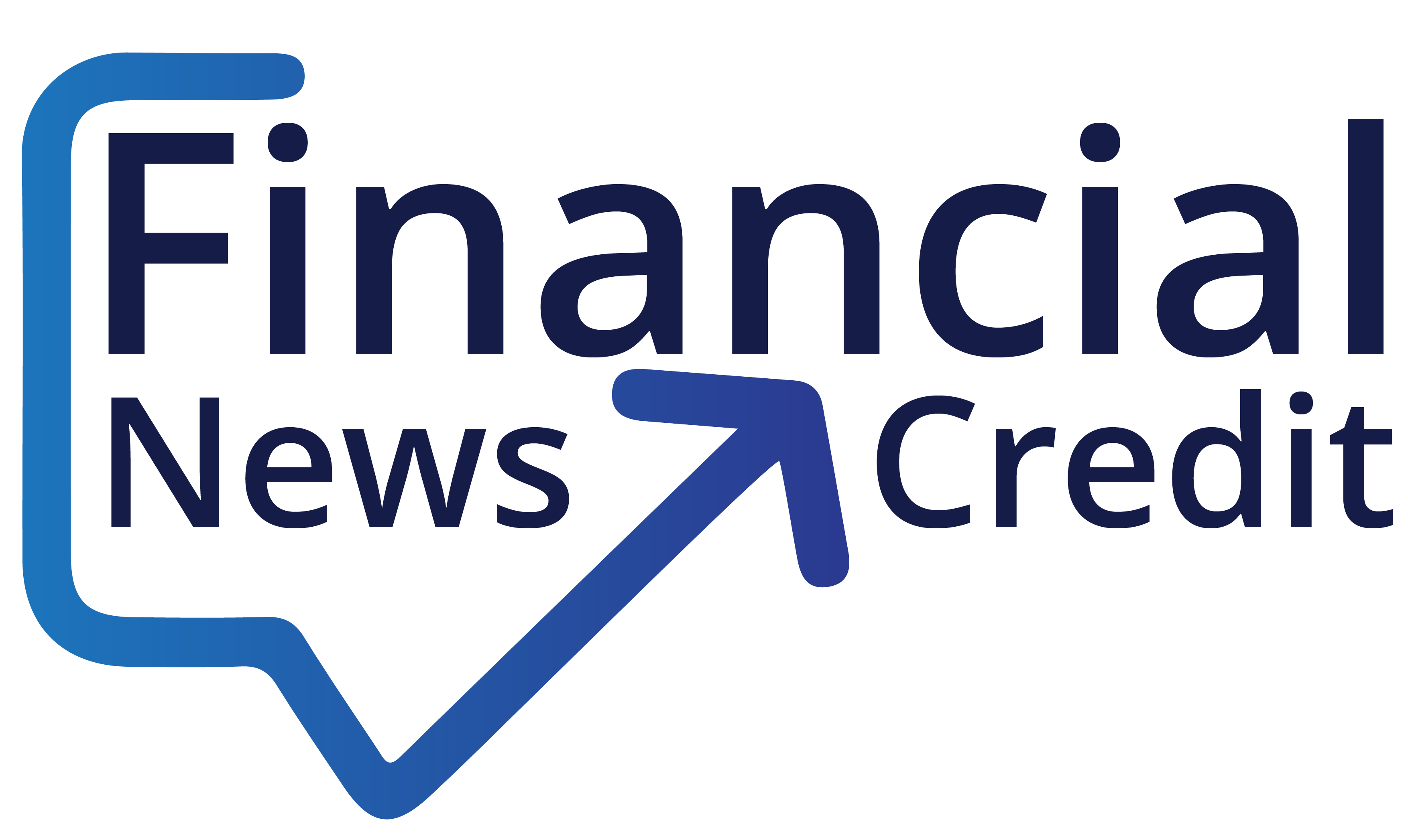Maintaining a clean name is extremely important to ensure your long-term financial health. Having a positive credit history can help you get better interest rates on loans, credit cards, and mortgages.
Moreover, it can be a determining factor when renting a house, getting a new job, or starting a new business.
In this article, check out some healthy financial habits you can adopt to avoid negative credit and keep your name clean!
Tips to avoid negative credit

An effective way to prevent negative credit is to have a well-defined budget, pay all bills and installments on time, and frequently monitor your status with credit protection agencies.
Understand your budget
The first step to avoiding negative credit is to fully understand your budget. Take stock of your finances, noting all your sources of income and all your monthly expenses. This includes everything from your salary to utility bills, loan payments, and leisure expenses. Use budgeting apps or spreadsheets to keep everything organized.
Make a financial plan
After having a clear understanding of your finances, the next step is to make a financial plan. Set financial goals for the short, medium, and long term. This may include saving for a trip, buying a house, or retiring. Additionally, create a monthly budget and strive to stick to it.
Create an emergency fund
One of the best ways to avoid unnecessary debt and, consequently, negative credit, is to create an emergency fund. This is an amount of money that you specifically set aside for unexpected expenses, such as car repairs, medical bills, or job loss. Ideally, you should have the equivalent of three to six months of expenses in an easily accessible account.
Use credit cards wisely
Credit cards can be a useful tool for building credit, but only if used correctly. Always pay the full balance of your credit card each month to avoid interest and do not spend more than you can afford. Also, do not use more than 30% of your credit limit.
Avoid high-cost debts
High-cost debts, such as payday loans or credit cards with high interest rates, can quickly lead to negative credit. Do your best to avoid this type of debt and, if you already have some, make a plan to pay it off as quickly as possible.
Pay your bills on time
Paying your bills on time is essential to keeping your name clean. Set up automatic payments whenever possible and consider using a finance management app to help you keep track of all your payments.
Monitor your credit history
It is important to regularly check your credit history to ensure that all information is correct and to identify any suspicious activity. You can get a free credit report once a year from each of the three major credit agencies.
Negotiate your debts
If you have debts, do not hesitate to negotiate with your creditors. Often, they are willing to work with you to create a more manageable payment plan. Be proactive and contact your creditors before your accounts are sent to collection agencies.
Live within your means
Living within your means is essential to avoid debt and keep your name clean. This means not spending more than you earn and avoiding impulsive purchases. Also, consider regularly monitoring your spending to ensure you are sticking to your budget.
Being conscious when taking out loans is the same as avoiding negative credit

When taking out loans, be conscious of the interest rates and the terms of the loan. Do not borrow more money than you need and make sure you can afford the loan before taking it on.
Avoid impulsive purchases
Impulsive purchases can quickly lead to debt accumulation. Before making a purchase, ask yourself if you really need the item and if you can afford it. Also, consider making a shopping list before going shopping and strive to stick to it.
Consider investing
Investing is a great way to build long-term wealth and help avoid debt. Consider working with a financial advisor to create an investment plan that meets your needs. Also, make sure to diversify your investments to minimize risk.
Maintaining a clean name is essential for your long-term financial health. By adopting healthy financial habits, such as living within your means, paying your bills on time, and avoiding high-cost debts, you can avoid negative credit and ensure a more secure financial future.



